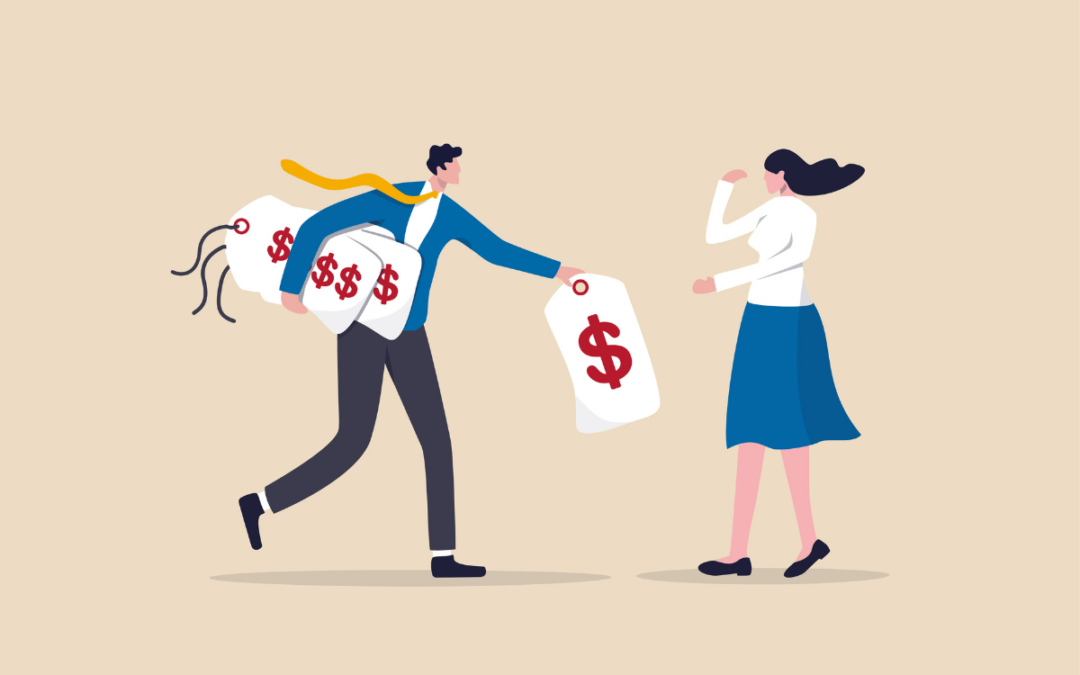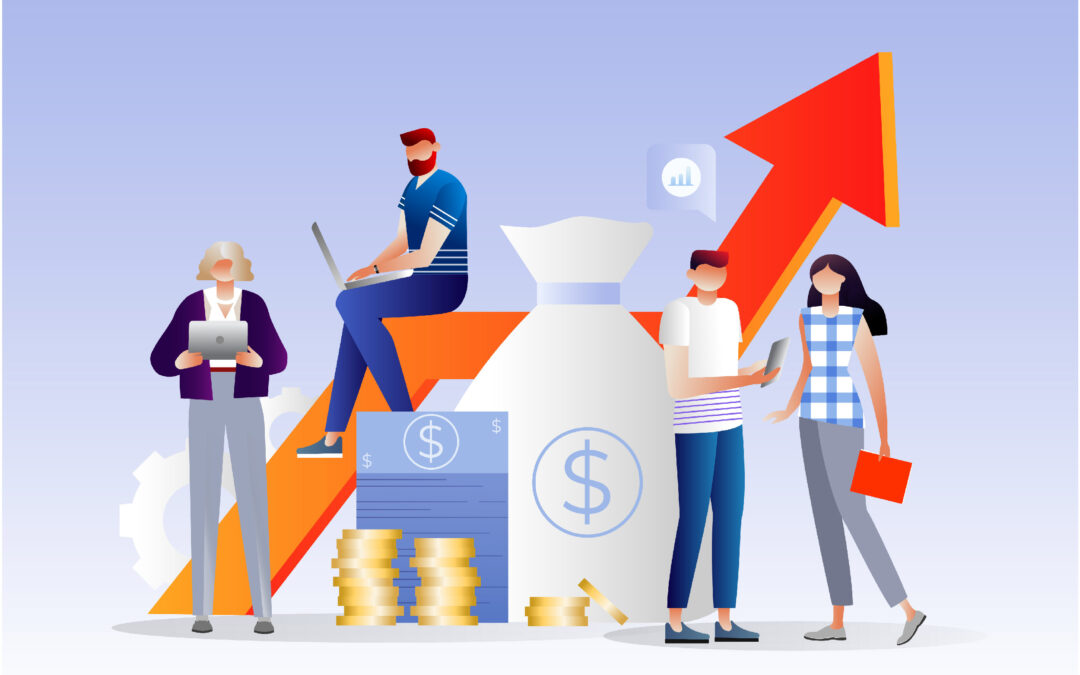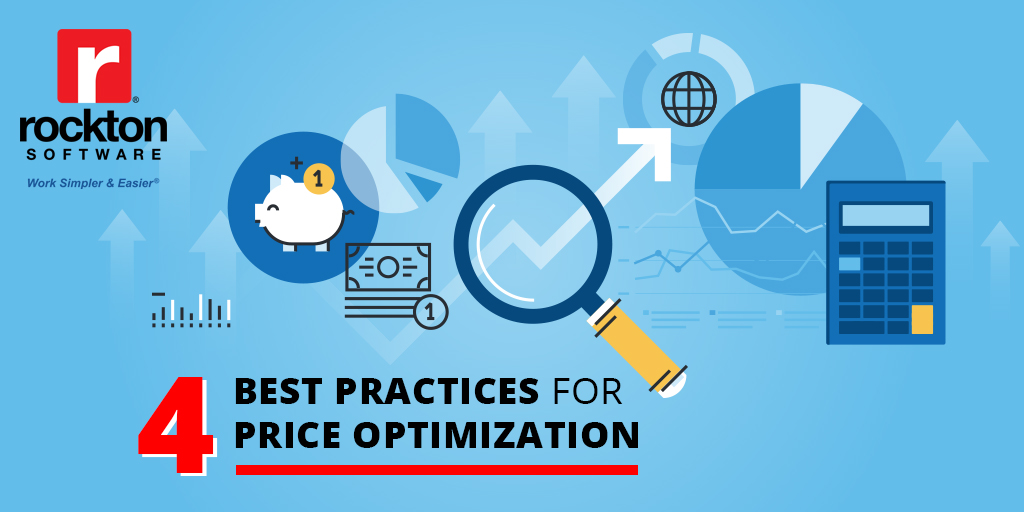Any business will tell you that the most important asset it has is its people. That’s what makes Rockton Rock! We work hard, we play hard and most of all we love what we do and we do it exceptionally well. We invite you to take a couple of minutes to get to know our awesome team as they give insights on a wide variety of topics.
Rockton Spotlight: Kelli
One opportunity the pandemic created for me was an awareness of how much responsibility I have for the quality of my life. Too often there is a disconnect between what I say I want and the actions I take to support that outcome. With fewer opportunities for distraction, the pandemic afforded me the opportunity to witness my own culpability in reinforcing habits, both good and bad.
 One daily habit that has served me well is listening to Audible each morning while I tend to my 2 and 4-legged friends on our small hobby farm. The bulk of my reading is done via listening to audiobooks. Every now and then a book I have listened to qualifies as worthy of space on my bookshelf and I purchase a physical copy of that book. A recent book that achieved that status was ‘The Craving Mind’ by Judson Brewer. I have previously read books related to habit formation such as ‘The Power of Habit’ by Charles Duhigg and ‘Atomic Habits’ by James Clear, both excellent books in their own right. I have also enjoyed books associated with meditation and mindfulness including ‘Think Like a Monk’ by Jay Shetty. ‘The Craving Mind’ sits at the intersection of habit formation and consciousness. Too often habits are formed without really understanding our motivation behind the action. Judson Brewer illuminates the way rewards reinforce habits and the opportunity to make different choices through the practice of mindfulness, bringing one’s attention to the present moment without judgment.
One daily habit that has served me well is listening to Audible each morning while I tend to my 2 and 4-legged friends on our small hobby farm. The bulk of my reading is done via listening to audiobooks. Every now and then a book I have listened to qualifies as worthy of space on my bookshelf and I purchase a physical copy of that book. A recent book that achieved that status was ‘The Craving Mind’ by Judson Brewer. I have previously read books related to habit formation such as ‘The Power of Habit’ by Charles Duhigg and ‘Atomic Habits’ by James Clear, both excellent books in their own right. I have also enjoyed books associated with meditation and mindfulness including ‘Think Like a Monk’ by Jay Shetty. ‘The Craving Mind’ sits at the intersection of habit formation and consciousness. Too often habits are formed without really understanding our motivation behind the action. Judson Brewer illuminates the way rewards reinforce habits and the opportunity to make different choices through the practice of mindfulness, bringing one’s attention to the present moment without judgment.
There were a couple of things that really stood out for me in reading ‘The Craving Mind.’ Just as B.F. Skinner proved with rats in the 1950’s, human brains are also wired for rewards. I found the variety of studies and evidence to show the connection between triggers, habits, and rewards helpful. Bringing awareness to the reward experienced provides an opportunity to interrupt a bad habit to take a different action. I also learned a nifty acronym to assist with developing greater mindfulness: RAIN – Recognize, Allow, Investigate, Nurture. The example Brewer frequently cited of cigarette smoking, while not a habit with which I struggle, still proved useful. I was able to extrapolate from that example and apply it to other situations where I do face challenges.
One such area of challenge is my (over)use of my cell phone. Not unlike many, I check my phone a ridiculous number of times each day, due to ‘intermittent variable’ reward of receiving an email or text. Also not uniquely, I have struggled with getting quality sleep. In February 2021 our family made a key decision that has improved both my quality of sleep and my well-being: putting our phones to sleep in the kitchen each night before bed. Part of the way I support this habit is that I don’t have a charging cord available anywhere else besides the kitchen counter. I know this is not a revolutionary suggestion, but admittedly it took real effort on my part to commit to the change. I was prone to using my phone up until I fell asleep, grabbing it to research an idea if I awoke in the middle of the night, and reviewing it first thing in the morning. Putting my phone to sleep outside of my bedroom has freed up my brain to not be constantly striving for new information and stimuli 24-7. Now when I wake in the wee hours, I have a simple meditation practice that I utilize instead. Even if I don’t fall back asleep, I still benefit from the meditation, so my sleep is not “wasted”.
It is rare to experience a book that gets to the heart of how our own human-ness gets in our way. A solid case was made for the practice of both mindfulness and meditation to effect change and measurably improve the quality of life. If you, like me, have some habits causing unintended consequences, you also may benefit from reading – or listening to – ‘The Craving Mind.’
-Kelli






